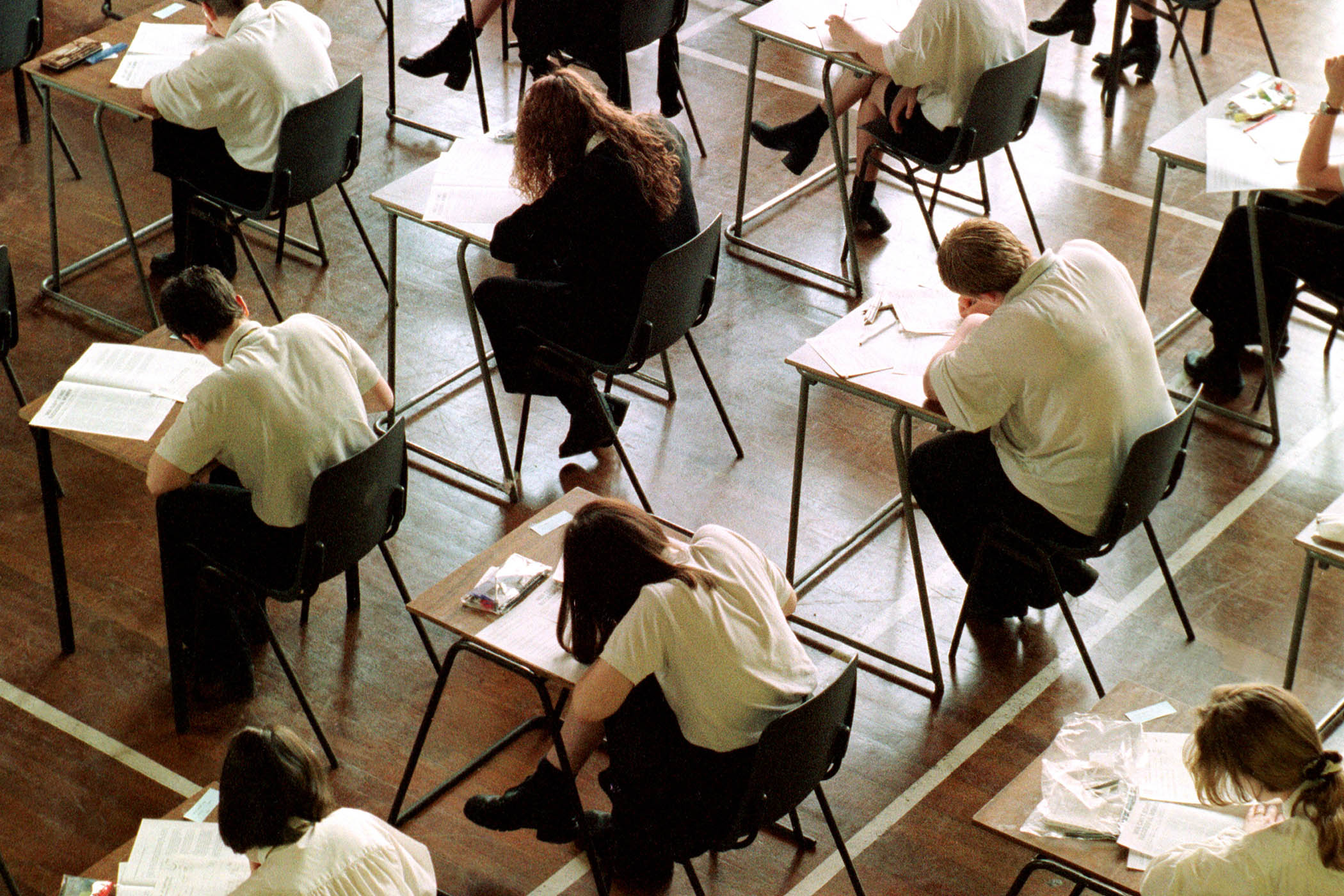GCSE exam marking is becoming unpredictable and often unfair, English teachers are warning, with some pupils going up as much as two or three grades after a re-mark.
The English and Media Centre charity, which supports English teachers, has received numerous complaints from experienced subject heads who were shocked by their students’ English language grades this summer and felt the marking was unfair.
In some cases, schools have asked for marking to be reviewed and a grade has gone up from a 5 (the equivalent of a C) to an 8 (a high A grade), or a 6 (B equivalent) to a 9 (an exceptional A grade), a leap that the charity says highlights serious problems. The charity said exam boards had too many inexperienced markers, but also criticised a lack of clarity in the English language GCSE itself.
Barbara Bleiman, an education consultant at the charity, said: “Experienced teachers have a reasonably clear idea of what grades students deserve, but they say marks are all over the place.”
She added: “Many schools will only challenge a mark right at the grade boundary. This the tip of the iceberg.”
More than 8% of English language GCSE grades were challenged in 2024, making it one of the most commonly challenged subjects, according to exam regulator Ofqual.
Students were also far more likely than in any other subject to go up two grades or more after a re-mark, with 335 English literature exams and 260 English language exams being bumped up this much, compared with 35 in double science, 15 in drama and religious studies and five in history.
A head of English, who also marks exams, posted on X about a student whose exam review had come back: “She got a 5, it wasn’t right, remark and had gained an extra 22 marks to get her to a 7. I am embarrassed to be an examiner.”
The head of English at a grammar school, who asked to remain anonymous to protect students, said that 10% of its English language GCSE cohort had moved up a grade after a review of marking by their exam board, Eduqas.
The school has also had one GCSE English literature paper in each of the past three years in which a high-performing student has been given no marks or only two marks for a 40-mark question. In all three cases, this was found to be an error during a review and the students’ marks went up considerably.
Newsletters
Choose the newsletters you want to receive
View more
For information about how The Observer protects your data, read our Privacy Policy
The teacher said: “Either this school is exceptionally unlucky that this has happened to us three years in a row or there is a serious problem.”
The head of English at a state school in Lincolnshire, who also asked not to be named, said: “This year’s results were a punch in the gut. We had very able students who crashed, and one very weak student had the highest mark in the year for one writing task.”
She added: “We are seeing many inconsistencies and it feels so unfair. These are young people’s life chances.”
A spokesperson for Eduqas said: “Our top priority is to ensure every learner receives a fair and accurate result. Grades should reflect a learner’s knowledge, understanding, and skills. To support this, we have robust quality assurance processes in place.”
A spokesperson for the AQA exam board, which administers 80% of GCSE English exams, said: “We’re confident the quality of marking GCSE English language and English literature is high.
“Review of marking requests are down on last year, while the number of appeals for these two subjects is broadly the same. So there isn’t evidence to support the suggestion that the quality of marking has declined.”
Photograph by Getty


